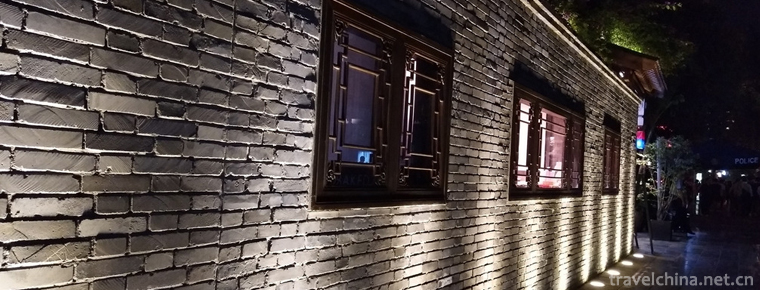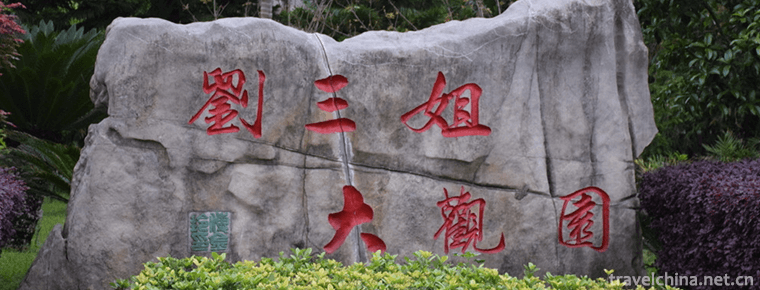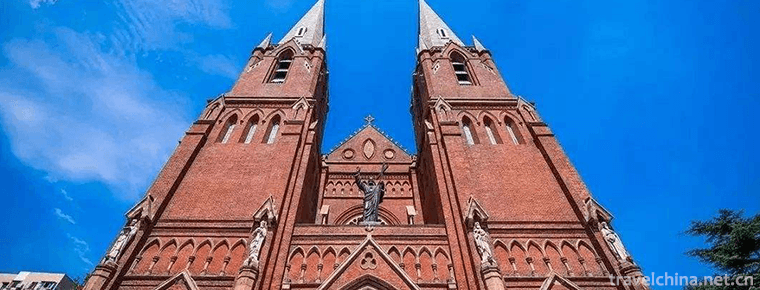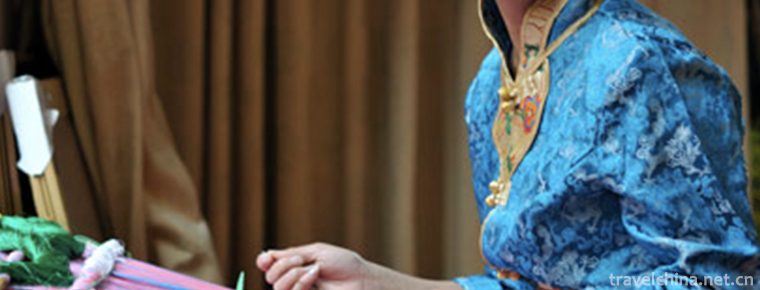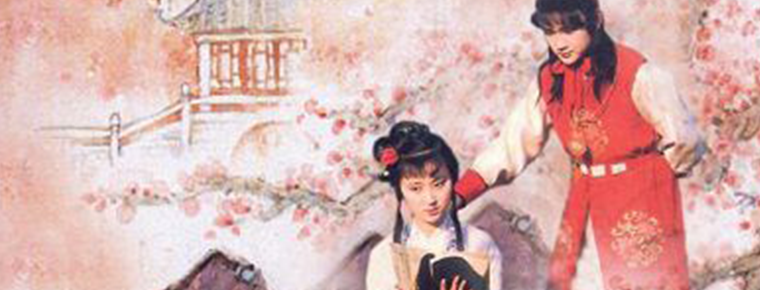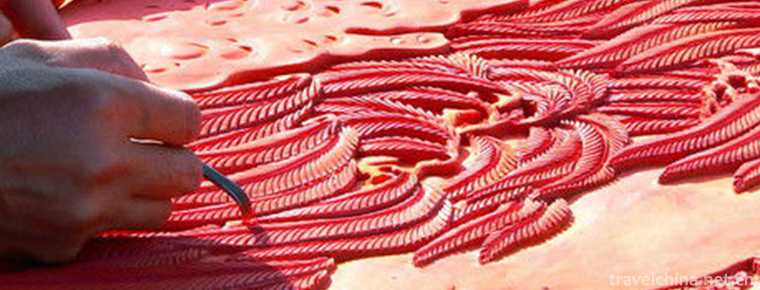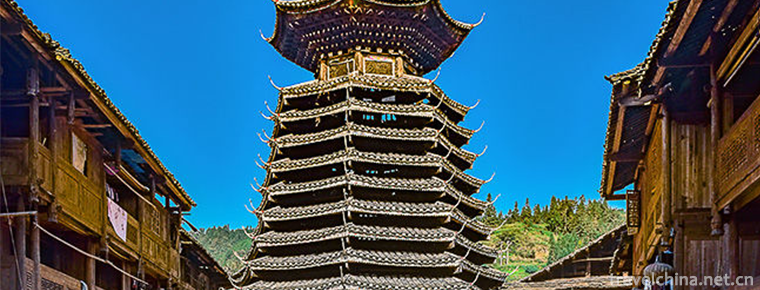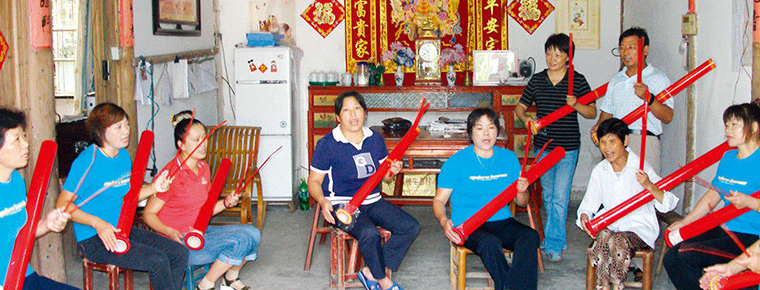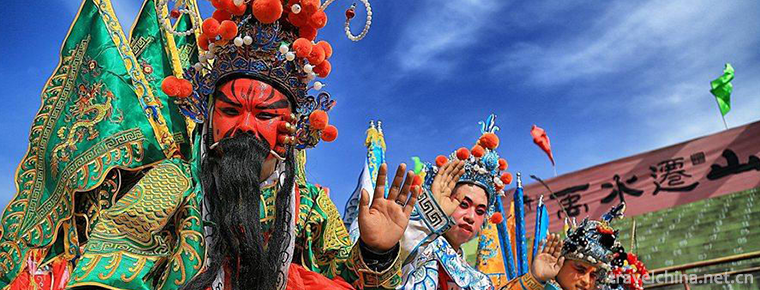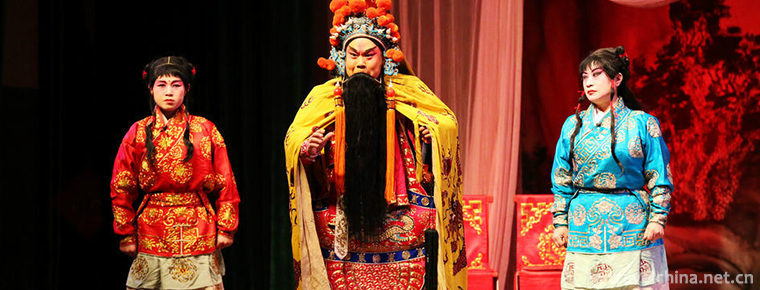Munaozaiwa
Munaozaiwa
Mu Nao Zhaiwa is a living history of Jingpo people's word-of-mouth. It is also a literary masterpiece of poetry style that has been passed down and inherited from generation to generation.
In May 2011, Munaozaiwa declared by Dehong Dai Jingpo Autonomous Prefecture of Yunnan Province was listed in the third batch of national intangible cultural heritage list with the approval of the State Council.
historical origin
Historically, Jingpo people have no written language. Their history of survival and reproduction in the long history is mainly handed down orally. The epic "Munao Zhaiwa" is not only a precious historical material preserved by Zhaiwa people of all dynasties, but also a thread of ancient history of Jingpo people can be explored from it.
artistic characteristics
Its rhythm and rhythm are neat, and its language is beautiful and neat. Historically, the Jingpo people had no written language. They multiplied and survived in the long history, mainly through oral transmission. The epic "Munao Zhaiwa" is not only a precious historical material preserved by Zhaiwa people of all dynasties, but also a thread of ancient history of Jingpo people can be explored from it.
Current situation of inheritance
Starting from the creation of heaven and earth, it records the development and evolution of Jingpo people from ancient times to modern times in the form of beautiful myths and stories. It can be roughly divided into seven parts: the formation of heaven and earth, the uniform of heaven and earth, the breeding of all human beings, the leveling of heaven and earth in Ningguan Duwa, the era of flooding, the marriage of dragon girls and clans in Ningguan Du, the vivid description of production and life, etc. There are five or six kinds of books of Munaozaiwa collected now, but they are only slightly different because of the differences between the regions where they are spread and the singers. In March 1982, by the renowned Zhaiwa (wizard) Gong Tuigan (also known as Shawanfu) of Jingpo Nationality, the inspector of the state government and the famous scholar of Jingpo Nationality, Li Qianqian used Jingpo Wen to arrange, and Yunnan Nationality Publishing House published a more complete book with more than ten thousand lines. Hou Li Qian translated it into Chinese with Shi Rui, a member of the 10th CPPCC National Committee, a professor of Jingpo nationality in Yunnan University for Nationalities, and Chen Hong, a poet of Jingpo nationality, published by Dehong National Publishing House.
Inheritance Significance
As a grand national festival of Jingpo nationality, Munao Longko is held every time with thousands of people coming to participate. People dance in circles, singing and laughing, and the atmosphere is warm and warm. In the dance, people forget the stumbling in the past year's life and pray for the new year with a happy and sacred mood. Jingpo compatriots are immersed in the sacred atmosphere of Zhaiwa reciting Munao Zhaiwa, feeling the difficulties of their ancestors'entrepreneurship, expressing their feelings of remembering their ancestors and gods, understanding their own national history, listening to the voices of history and so on. This activity can not only soothe people's soul in Zhaiwa's pious recitation, but also increase the feeling of friendship and mutual assistance between people, and enhance national pride and cohesion.

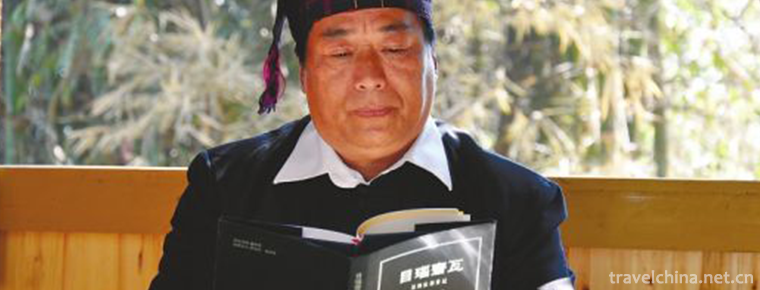
-
Kuan and Zhai Alley
No. 127, ChangShun Street, Qingyang, Chengdu, Sichuan, China.
Views: 228 Time 2018-09-29 -
Liu Sanjie s Grand View Garden
Liu Sanjie Grand View Garden, formerly known as Guilin Liu Sanjie Landscape Garden, is located on the Peach Blossom River in Guilin City, Guangxi Zhuang Autonomous Region. It covers an area of more th.
Views: 144 Time 2018-12-26 -
Xujiahuiyuan Scenic Area
Xujiahuiyuan Scenic Spot is located in Xujiahui, Shanghai Metropolitan Tourism Center Circle. It starts from Wanping South Road, Tianping Road and Huashan Road in the east.
Views: 124 Time 2019-02-26 -
Tibetan knitting and embroidery
Tibetans are good at embroidery and textile, and exquisite craftsmanship adds infinite charm to their costumes, which is the most prominent manifestation of Tibetan.
Views: 136 Time 2019-04-05 -
Legend of Cao Xueqin
The legend of Cao Xueqin refers to the story that the common people in the place where Cao Xueqin lived in his later years respected him and processed his deeds into a story..
Views: 112 Time 2019-04-15 -
Carved lacquer art
Lacquer carving, traditional handicraft in Chongwen District, Beijing, is one of the national intangible cultural heritage..
Views: 139 Time 2019-04-27 -
Construction Techniques of Wood Construction of Dong Nationality
Dong's wood construction and construction skills, the traditional architectural skills of Sanjiang Dong Autonomous County, Guangxi Zhuang Autonomous Region, one of the national intangible cultural her.
Views: 211 Time 2019-04-28 -
Jinhua Taoism
Jinhua Daoqing is also known as singing news and persuading Shiwen. It is a traditional rap art in Zhejiang Province. It combines with Hangzhou gongshu, Wenzhou drum lyrics, Ningbo .
Views: 255 Time 2019-05-06 -
Folk fire Min Jian She Huo
Folk society fire is a kind of folk entertainment popular in China during the Spring Festival. It is widely spread in Shaanxi, Shanxi, Hebei, Henan, Liaoning and other provinces. On May 20, 2006, Folk.
Views: 155 Time 2019-06-05 -
Shijiazhuang Silk String
Shijiazhuang silk string is also known as string tune, string tune, Hexi tune, small drum tune, Luoluo tune, daughter tune and so on. It is a local traditional drama in Hebei Province and one of the n.
Views: 176 Time 2019-06-15 -
Chaohu University
Chaohu College (Chaohu University), located in Chaohu, Hefei, Anhui, Chaohu half soup hot spring health resort, is a Anhui provincial full-time undergraduate institutions, local application oriented i.
Views: 178 Time 2019-11-08 -
Guangan transportation
Located at the junction of Sichuan and Chongqing, Guang'an is an important passage from east Sichuan to Chongqing and southward and eastward. It is also an important node on the national "five vertical and seven horizontal" traffic trunk line.
Views: 339 Time 2020-12-19
